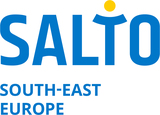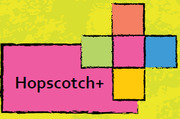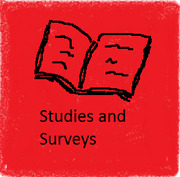EVS Studies and Surveys
Based on real life experience, they tell you more about the impact projects have on the stakeholders involved - volunteers, organisations, communities, employers etc. - and they can help you build your awareness and understanding in order to find out:
- if EVS is the right type of project and engagement for you,
- what competences EVS volunteers typically gain in EVS projects and how these are perceived by employers,
- what intercultural competences really are and why it is important to be aware of them,
- how Youthpass is relevant for EVS volunteers,
- and much more.
EVS Competences for Employability survey...
...is a survey linked to a project carried out in ten countries from 2012 - 2014 and looking into how competences that volunteers gain through their EVS service relate to employability, and how are they perceived by EVS organisations, volunteers and employers.
Youthpass Impact Study. Young people's personal development and employability and the recognition of youth work...
...is a study carried out in 2012-2013 to assess the impact that Youthpass has had on the participants of the EU Youth in Action programme, the work of the organisations participating in the programme, and on recognition of youth work and non-formal learning.
Intercultural Competence research report...
...was published in 2012 and aims at giving validity to the 'working definition' of Intercultural Competence created for SALTO Cultural Diversity as well as linking the current practice to theory. The report elicits how far the qualities within Intercultural Competence can be part of youth work practice, and it illustrates them with real examples to make the definition operational.
Impact of EVS on local communities in EECA study...
...is a research study about the impact of long-term international EVS projects involving organisations from Programme countries and partner countries in Eastern Europe and Caucasus between 2007 and 2011.


